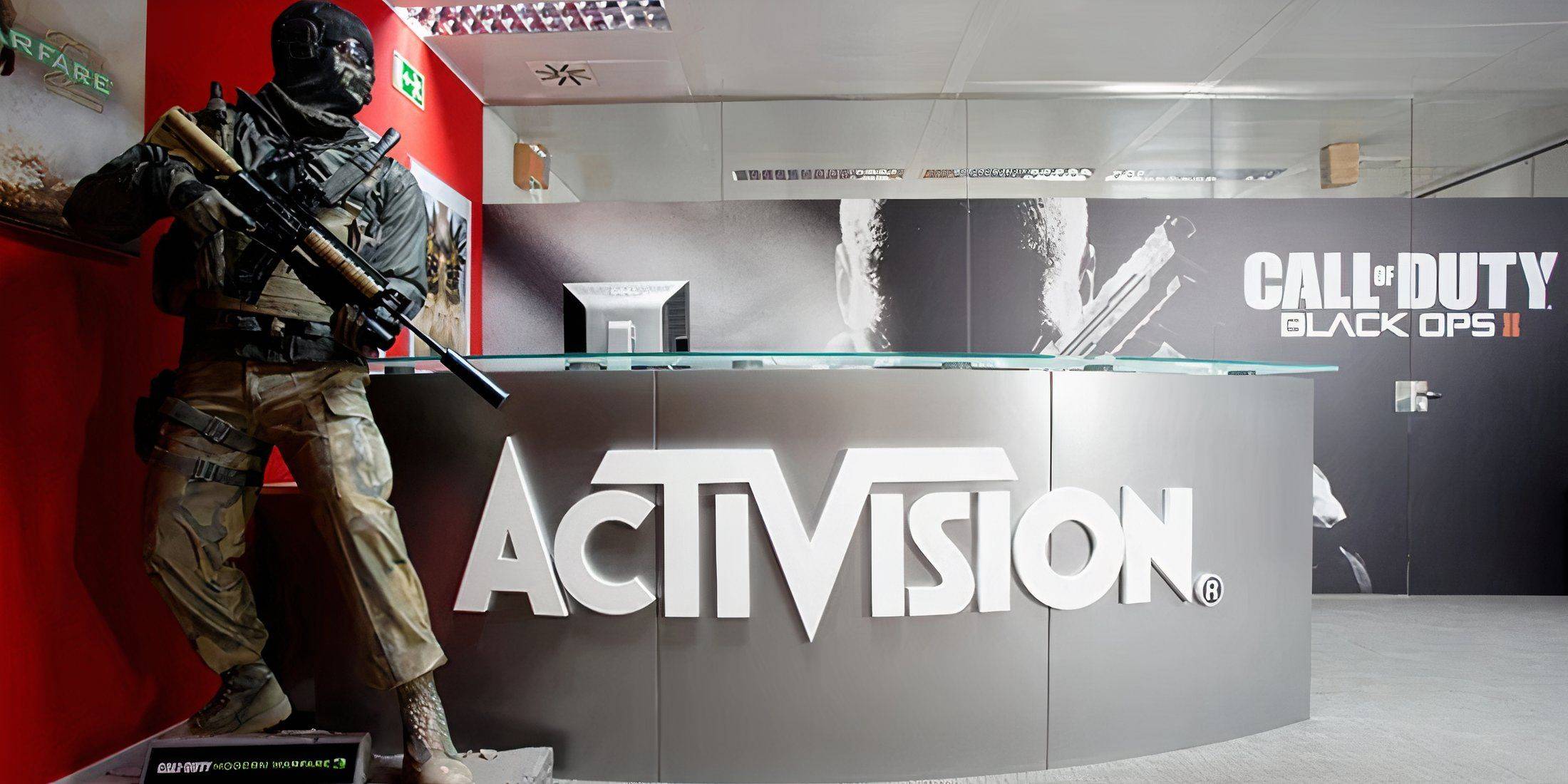
Activision's Defense in Uvalde Shooting Lawsuit: Call of Duty's First Amendment Protection
Activision Blizzard has filed a robust defense against lawsuits filed by Uvalde shooting victims' families, refuting claims linking Call of Duty to the tragedy. The May 2024 lawsuits allege the shooter's exposure to the game's violent content contributed to the Robb Elementary School massacre in May 2022.
The lawsuits, filed in California, cite the shooter's history of Call of Duty gameplay, including his November 2021 download of Modern Warfare, and the similarity between the in-game AR-15 and the weapon used in the attack. The plaintiffs also implicated Meta (through Instagram) for allegedly facilitating connections between the shooter and firearm manufacturers.
Activision's December filing, a comprehensive 150-page response, denies all allegations of causality. The company invokes California's anti-SLAPP laws, designed to protect free speech from frivolous lawsuits, and argues for dismissal. The defense emphasizes Call of Duty's status as a First Amendment-protected work of expression, contending that claims based on its “hyper-realistic content” violate this fundamental right.
Supporting this defense, Activision submitted expert declarations. A 35-page statement from Notre Dame professor Matthew Thomas Payne counters the lawsuit's "training camp" assertion, contextualizing Call of Duty within a long tradition of military realism in entertainment. A further 38-page declaration by Patrick Kelly, Call of Duty's head of creative, details the game's development, including the $700 million budget for Call of Duty: Black Ops Cold War.
The Uvalde families have until late February to respond to Activision's extensive filings. The case's outcome remains uncertain, but it underscores the ongoing debate surrounding the correlation between violent video games and real-world violence.















